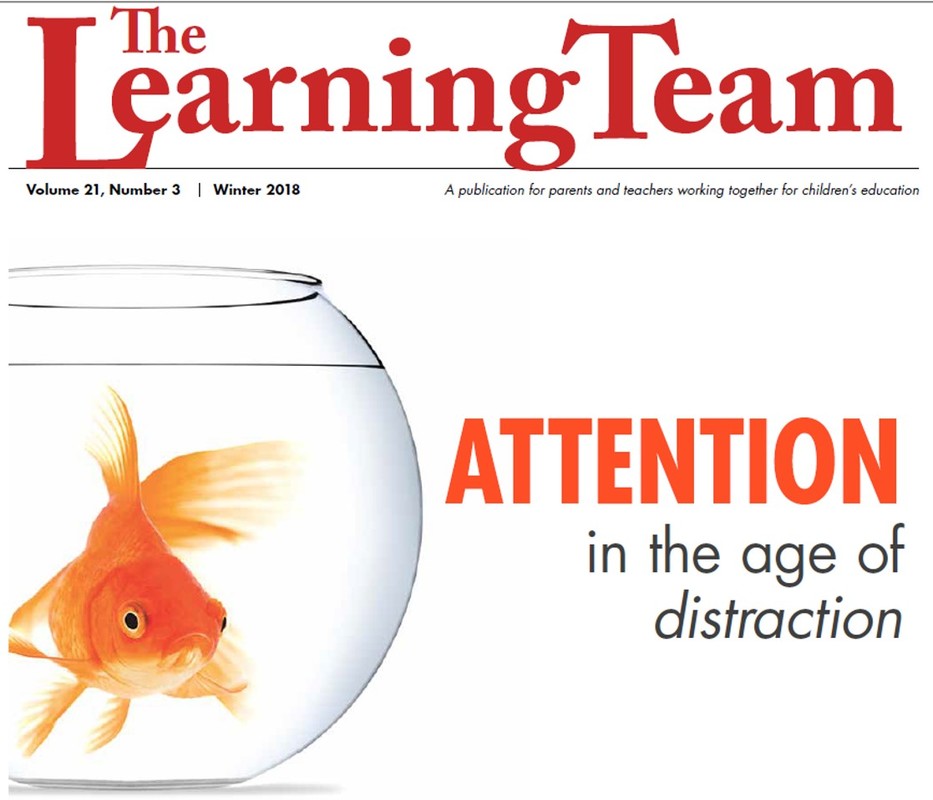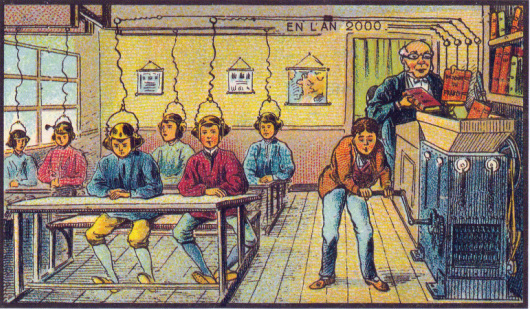Philip McRae, Ph.D.
|
Artificial Intelligence (AI) is rapidly transforming educational landscapes, yet many school jurisdictions and organizations lack a comprehensive policy to guide its implementation and use. To navigate such uneven terrain, I have drafted a model policy intended to balance AI systems, with frontier models in constant flux, with issues of professional teacher (human) judgement, ethical AI use, data privacy, citizenship, equity, inclusion, environmental sustainability, monitoring and community feedback mechanisms, legal compliance, and whole school engagement.
This draft model policy was originally developed in October 2024 by Dr. Phil McRae, subsequently published in the ATA Magazine Winter Edition, and can be freely adapted for use by your organization with attribution to the author.
0 Comments
Hope is that place, and those moments in life, when all is good and right with the world. To be hopeful, we have to imagine these treasured moments in time and then try and bend the arc of the Universe towards them like a directional beacon. We all navigate darkness in the course of a human life; hope is our ally, with resiliency as the means to bend the arc.  The impact of the coronavirus (COVID-19) pandemic on public education systems around the world has been profound. It has accelerated issues of inequity, amplified mental health challenges and highlighted the promises (and perils) of technology across societies. Read the latest updates and key findings from the world's largest research study on technology, health and learning (with a short summary of Phase I results).
Read the latest edition of The Learning Team focused on the attention economy and some of the research around distraction in a digitally saturated age. You can find the full special edition here and read my editorial below.
Standardization & Standards are not the same thingI have been thinking recently about what 'assurance' for a K-12 education system really means. To what extent is public assurance achieved when a system has a high level of confidence (high trust) in an environment of low standardization? Alternatively, is the public (or an individual) assured only if an education system is defined by high levels of standardization (low trust)?
As I reflect on this issue, I consider the differences between standards and standardization, impact of trust (public confidence) on assurance, the importance of equity within a society (excellent education systems achieved through equity), what is accepted as evidence (measuring what matters) and the difference between accountability (ability to count) and the need for teachers and principals to have the ability to respond (responsibility) within more complex and diverse communities. Growing Tired, Anxious & Distracted - Be Balanced, Be Mindful, Be Present As co-principal investigator on this longitudinal research project it is my great fortune to be working with world-renowned colleagues from Harvard Medical School and School of Public Health (Dr. Michael Rich), the University of Alberta (Dr. Stanley Varhagen and Dr. Jason Daniels), and Boston Children’s Hospital (Dr. David Bickham). This collaborative initiative has been named Growing Up Digital (GUD) Alberta, and is attempting to to better understand the scope of physical, mental and social consequences of digital technologies in areas such as exercise, homework, identity formation, distraction, cognition, learning, nutrition, and sleep quality and quantity.
“Play is the highest form of research” ~ Albert Einstein As editor of The Learning Team (a publication that goes out to 25 000 Alberta parents), I have focused the next edition exclusively on the importance and benefits of “play”.
The articles in this new collection have been drawn together to explore the relationship between play (both free and guided) and learning, and indeed how we can encourage more outdoor play or create welcoming indoor play spaces for children. Other articles in this November 2015 edition represent unique contributions on play from world renowned Harvard scholars that have just completed a major research study for Hasbro on the topic of play. To frame this entire collection, below are some of my own perspectives on how “free play” can powerfully (re)shape our considerations of human learning and development. “The great enemy of the truth is very often not the lie — deliberate, contrived, and dishonest — but the myth — persistent, persuasive, and unrealistic." Blended learning, where students’ face-to-face education is blended with Internet resources or online courses, has been gaining considerable attention in education reform circles. It has become entangled with the ambiguous notion of personalized learning and is being positioned as the new way to individualize learning in competency-based education systems.
Michael Horn, co-founder of the Clayton Christensen Institute for Disruptive Innovation, and a key proponent of blended learning, claims that it is the “new model that is student-centric, highly personalized for each learner, and more productive, as it delivers dramatically better results at the same or lower cost” (Horn and Staker 2011, 13). To what extent is this a new model of learning in a digital age? How are private corporations employing old rhetoric to advance new avenues into public education? Most importantly, is blended learning becoming yet another overhyped myth on the crowded road of technology-as-education-reform panacea? "The oak fought the wind and was broken, At one time or another we all come face-to-face with real hardships in life, whether they be social, emotional, financial and/or physical. It is an inevitability of being human, and something that life’s wisdom gets around to teaching us all.
How we cope with this adversity is dependent on our ability to manage change and reshape our lives. To adapt, and be able to bounce back from adversity, which is a central part of the human condition, we must build resilience in children and youth. As Editor of The Learning Team publication, which reaches over 25 000 parents across our province, I have dedicated the April 2015 edition to exploring the notion of resilience at a time in our history when it is desperately needed, perhaps not just for children but society writ large. Rebirth of the Teaching Machine through the Seduction of Data Analytics: This Time It's Personal4/14/2013 Notions of mechanized teaching machines captured the imagination of many in the late 19th and 20th century. Today, yet again, a new generation of technology platforms promise to deliver “personalized learning” for each and every student. This rebirth of the teaching machine centers on digital software tutors (known as adaptive learning systems) and their grand claims to individualize learning by controlling the pace, place and content for each and every student. This time around, however, it is personal.
|
Author
Philip McRae, Ph.D. Archives
October 2024
|







 RSS Feed
RSS Feed